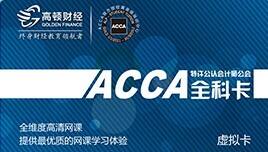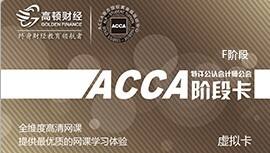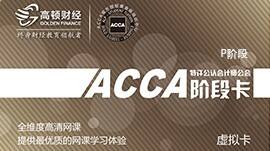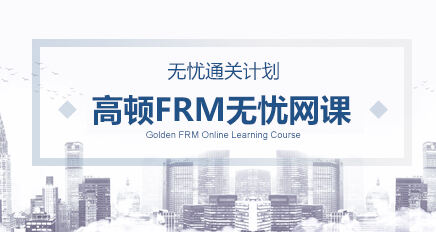ACCA备考指导:F-1 History Exam Question Analysis
(a) International Standard on Auditing 560 Subsequent events the audit work required in connection with subsequent events.
Required:
List the audit procedures that can be used prior to the auditors’ report being signed to identify events that may require adjustment or disclosure in the financial statements. (5 marks)
(b)You are the auditor of OilRakers Ltd, a company which extracts, refines and sells oil and petroleum related products.
The audit of OilRakers for the year ended 30 June 2005 had the following events:
Date Event
15 August 2005 Bankruptcy of major customer representing 11% of the debtor balance on the balance sheet.
21 September 2005 Financial statements approved by directors.
22 September 2005 Audit work completed and auditors’ report signed.
1 November 2005 Accidental release of toxic chemicals into the sea from the company’s oil refinery resulting in severe damage to the environment. Management had amended and made adequate disclosure of the event in the financial statements.
23 November 2005 Financial statements issued to members of OilRakers.
30 November 2005 A fire at one of the company’s oil wells completely destroys the well. Drilling a new well will take ten months with a consequent loss in oil production during this time.
Required:
For each of the following three dates:
– 15 August 2005;
– 1 November 2005; and
– 30 November 2005.
(i) State whether the events occurring on those dates are adjusting or non-adjusting according to IAS 10 Events After the Balance Sheet Date, giving reasons for your decision. (6 marks)
(ii) Explain the auditor’s responsibility and the audit procedures that should be carried out. (9 marks)
Note: Marks are allocated evenly across the three dates.(20 marks)
答案:(a)Audit procedures to be used prior to the audit report being signed include:
– Reviewing procedures established by management to try and ensure that subsequent events are identified.
– Reading minutes of the meetings of directors, the audit committee and shareholders and enquiring into unusual items.
– Obtaining and reading the company’s latest interim accounts as well as any budgets and cash flow forecasts.
– Obtaining additional evidence if possible from the company’s lawyers concerning litigation and claims.
– Asking management as to whether any subsequent events have occurred such as
– New borrowing commitments
– Significant sales of assets
– New shares or debentures issued
– Assets being destroyed by flood, fire etc. or impounded by the government
– Unusual accounting adjustments made or being contemplated
– Checking whether any events have occurred that could call into question the validity of the going concern assumption.

相关阅读
ACCA考试中的F3考试学习技巧2013/08/07
ACCA考试中的F1考试学习技巧2013/08/07
2012年12月ACCA考试F4考试考官报告2013/06/19

















